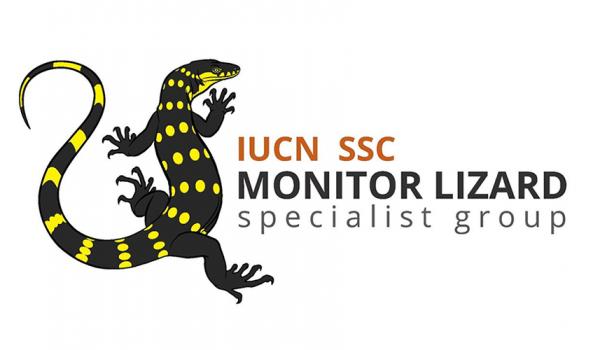Varanus exanthematicus
Savannah monitor
DISTRIBUTION: Benin, Burkina Faso, Cameroon, Central African Republic (CAR), Chad, Democratic Republic of the Congo, Republic of the Cote d’Ivoire, Equatorial Guinea, Eritrea, Ethiopia, Gambia, Ghana, Guinea, Guinea-Bissau, Kenya, Liberia, Mali, Mauritania, Niger, Nigeria, Senegal, Sierra Leone, South Sudan, Sudan, Togo, Uganda (see Auliya & Koch 2020)
RED LIST STATUS: Least Concern (LC) in 2012
CITES: Appendix II
NATIONAL PROTECTION:
Togo. – The species is not protected, and widely used for domestic purposes and the international pet trade
THREATS:
Benin. – In the National Red List of Benin, V. exanthematicus is classified as Near threatened (NT). Although studies to assess the extent of threats to monitor lizards are lacking in Benin, the main threats identified so far are overhunting (their products and by-products are common in traditional medicine and bushmeat markets), habitat loss due to illegal logging and land conversion to agriculture and urbanization. In northern Benin they have been largely extirpated. V. exanthematicus is more common in the markets of traditional medicine and bushmeat, and according to local communities is likely the most hunted species in northern Benin. Formerly very common in fallows, the species has almost disappeared especially in the Soudanian zone due to overexploitation.
RESEARCH NEEDS:
Benin. – Information on the overall distribution of the species in Benin is lacking. Surveys are urgently required for populations of V. exanthematicus to provides data on size and abundance and population density estimates and assess potential local threats. Many aspects of the species’ life history remain uninvestigated, e.g., morphological characteristics, growth, nesting behaviour, survival rates and habitat selection that are important to understand how these are impacted by the varying threats. With this knowledge, appropriate conservation management programs can be developed.
Besides, it is important to idenitfy the genetic status of the species, that is essential to distinguish populations also compared to those of range States. Further it is to maintain genetically pure stocks in wildlife farms; genetic identity of farm-reared V. exanthematicus must be ascertained through molecular techniques before any of these animals are released into the wild (prevent genetic pollution).
CURRENT PROJECTS:
Benin. – Restauration of sacred natural sites of sacred monitor lizards in northern Benin in order to register it on Indigenous and Community Conservation Area (ICCA).
A live adult V. exanthematicus in a traditional medicine market, Benin © Bio Ouré R



